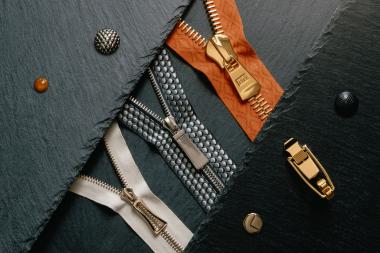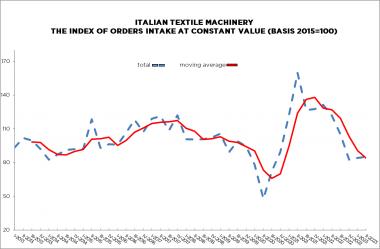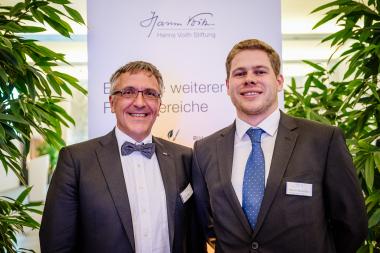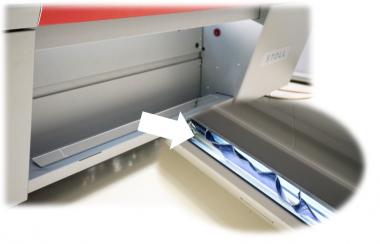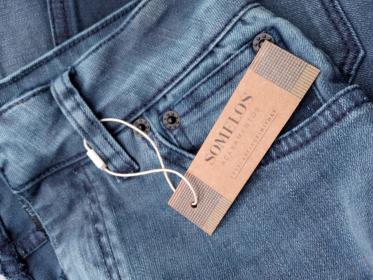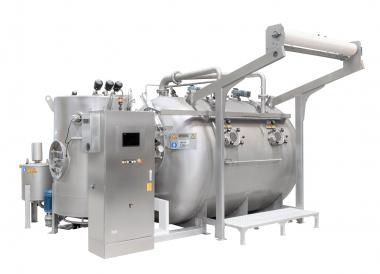Riri presents its FW 24-25 collection
Riri, which became part of Oerlikon Group on March 1, presents its FW 24-25 collection, which embraces plastic and metal trends.
Metal Trends: GALACTIC SHINE, TEXTURIZED BLACK and AMBER GLAZE
As a result of joining the Oerlikon Group, specializing in surface engineering, polymer processing, and additive manufacturing, Riri is accelerating its transition to new processes related to surface treatments, particularly the PVD (Physical Vapour Deposition) technology, a physical process that significantly reduces impacts on the environment. PVD processes can be appreciated particularly on sliders and buttons where gold and shiny black finishes stand out. Silver textures, science fiction-inspired surfaces and shapes, and glossy, brushed finishes in shades of gray and very light gold: GALACTIC SHINE brings to earth a sidereal experience, witness from a journey where the atmosphere becomes rarefied and elegance takes shape among metalized leather tapes, gold PVD pullers, organic cotton, and gleaming inox. Black also shines in the TEXTURIZED BLACK selection, in tone-on-tone contrasts that create plays of light and shadow, thanks to metallic effects, glossy black PVD treatments, tapes and galvanic in shades of black. The atmosphere becomes warmer by varying on amber tones, the absolute protagonists of the AMBER GLAZE mood, which offers a different interpretation of elegance through bright amber tones, rose gold, diamond prints and geometric patterns.
Plastic Trends: GHOSTLY ICE and SPRAY VANISHED
GHOSTLY ICE features accessories that refer to the skiing theme, offering an algid beauty made up of transparent surfaces and icy effects, a theme in which the sustainability of mono-materials coexists with the elegance of the end result. The color inspirations are totally different, but sustainability and elegance remain unchanged in the SPRAY VANISHED zipper selection, in which vibrant multicolored effects communicate joy and vitality through iridescent PVD effects and the use of recycled materials, such as the polyamide of the patented B.Lock button.
Riri / Oerlikon Group


